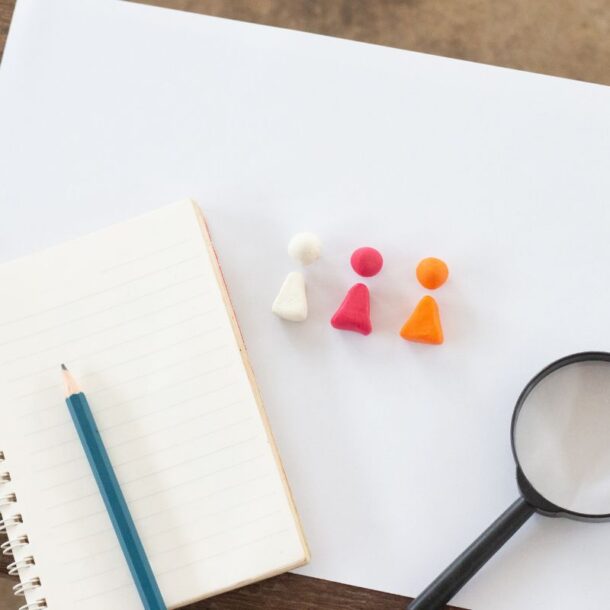
The Importance of Forgiving Yourself and Moving Forward Without Burdens from the Past
Forgiving yourself is one of the most liberating decisions you can make to grow and live in peace with yourself. Facing the past, acknowledging mistakes and letting go of guilt is essential to moving towards a full life. Although it may seem like a difficult process, personal forgiveness allows you to let go of those emotional burdens that limit your well-being, and is an essential tool to open yourself up to new opportunities and experiences without the weight of past decisions.
Personal forgiveness does n’t mean forgetting or minimizing what happened; it’s about accepting that you’re human and that mistakes are a natural part of learning. When you hold on to resentment or blame, you’re stuck in a situation you can’t change. This self-imposed pressure can affect your self-esteem and limit your ability to see all you’ve accomplished. Instead, accepting what happened and forgiving yourself frees up space in your mind and heart to focus on what really matters: building a more positive present.
One way to work on personal forgiveness is to reflect on the lessons you have learned from your past experiences. This process allows you to turn mistakes into opportunities for growth and strength. Every situation you experience, even if painful or frustrating, offers valuable learning. Perhaps it has taught you to be more empathetic, to make decisions with greater awareness, or to value what really matters. Learning to see these moments from a perspective of personal growth is key to moving forward without burdens.
Additionally, self-forgiveness helps you free yourself from excessive self-criticism. People tend to be their own harshest critics, repeating thought patterns that intensify guilt or shame. Replacing these thoughts with kinder, more understanding ones is a critical step toward a more fulfilling and peaceful life. Self-compassion, which is the ability to treat yourself with kindness, is a practice that complements forgiveness. With it, you can begin to accept yourself as you are, with your strengths and weaknesses.
It’s important to remember that forgiving yourself doesn’t mean forgetting your goals or commitments; it means recognizing that you don’t have to carry the weight of every mistake or bad decision. By letting go of the past, you create space to set new goals, improve your relationships, and focus on the things that truly add value to your life. Personal forgiveness is ultimately a powerful tool for achieving inner peace and cultivating a sense of purpose and fulfillment.
If you’re looking to explore more about how personal forgiveness can improve your well-being and how to implement it, this article from Greater Good Magazine offers practical techniques and research on the benefits of forgiveness.






